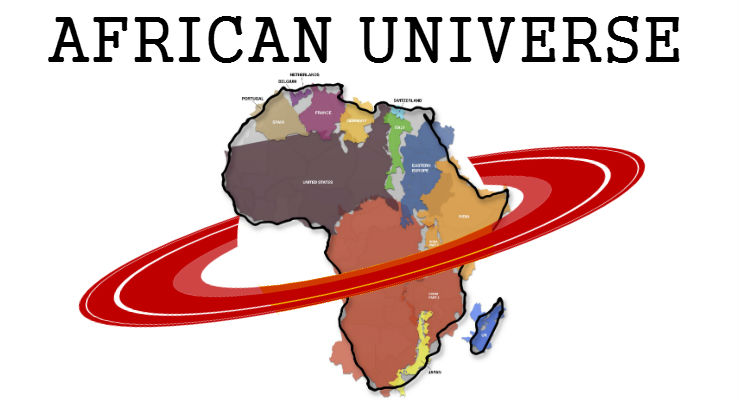
Constitution Immediately Criticised as 88 Year Old Mugabe Continues Zimbabwe Power-Sharing | Democracy, elections, and voting at Democracy Chronicles
Will a new constitution make Zimbabwe more democratic? Zimbabwe President Robert Mugabe follows proceedings at celebrations to mark 32 years of independence of Zimbabwe, in Harare, in this April 18 photo. In an address Mugabe said that political violence must be ‘buried in the past’ to move the nation toward free and unhindered elections.
(AP) By a Correspondent the draft document – which will require approval by Mr. Mugabe’s cabinet as well as Zimbabwe’s opposition-dominated parliament – is a harbinger of the final product that is expected to pave way for elections probably next year, after the flawed and violent elections in 2008, which claimed the lives of over 300 supporters of Prime Minister Morgan Tsvangirai. Mr. Tsvangirai, a fierce critic of Mr. Mugabe, joined Mugabe’s government after nearly a year of political stalemate between his own Movement for Democratic Change (MDC) and Mugabe’s ZANU-PF party over the 2008 election results.
Zimbabwe Power-Sharing
After he was widely rejected – by the international community, including the African Union – as the legitimate president of Zimbabwe following the bloody June polls, Mugabe was forced into marriage with his rival Tsvangirai into a coalition government three years ago.
Related: Think you know Africa? Take our geography quiz!
The coalition government – a product of much international pressure and months of negotiation – was mandated to come up with a new constitution in order to hold freer and fairer elections. Friction between the coalition parties has been growing in recent months, and Mugabe’s ZANU-PF is thought to seek elections by the end of this year.
This week, Mugabe’s cabinet, which includes members of Tsvangirai’s party as well as those of a smaller MDC faction led by Welshman Ncube, will study the draft constitution before it is sent on to the parliament for debate in three months’ time. If approved by the legislature the same constitution will then go for a referendum.
While the 2008 elections ended poorly, both MDC and Mugabe’s ZANU-PF party are thought to be in full agreement that elections are the key to a peaceful transition of power, there is disagreement over timing and the manner in which they should be carried out. Analysts also point out that, given Mugabe’s continued control over the military and security agencies, a fresh constitution is by no means a guarantee that any new round of elections will be free or fair. Mugabe led the guerrilla warfare that ousted the colonial regime in 1980, and today, rumors that he excised proposed laws to guarantee the rights of gay Zimbabweans also suggests that the octogenarian president intends to make his mark on the future constitution long after he leaves office
Leave a Reply